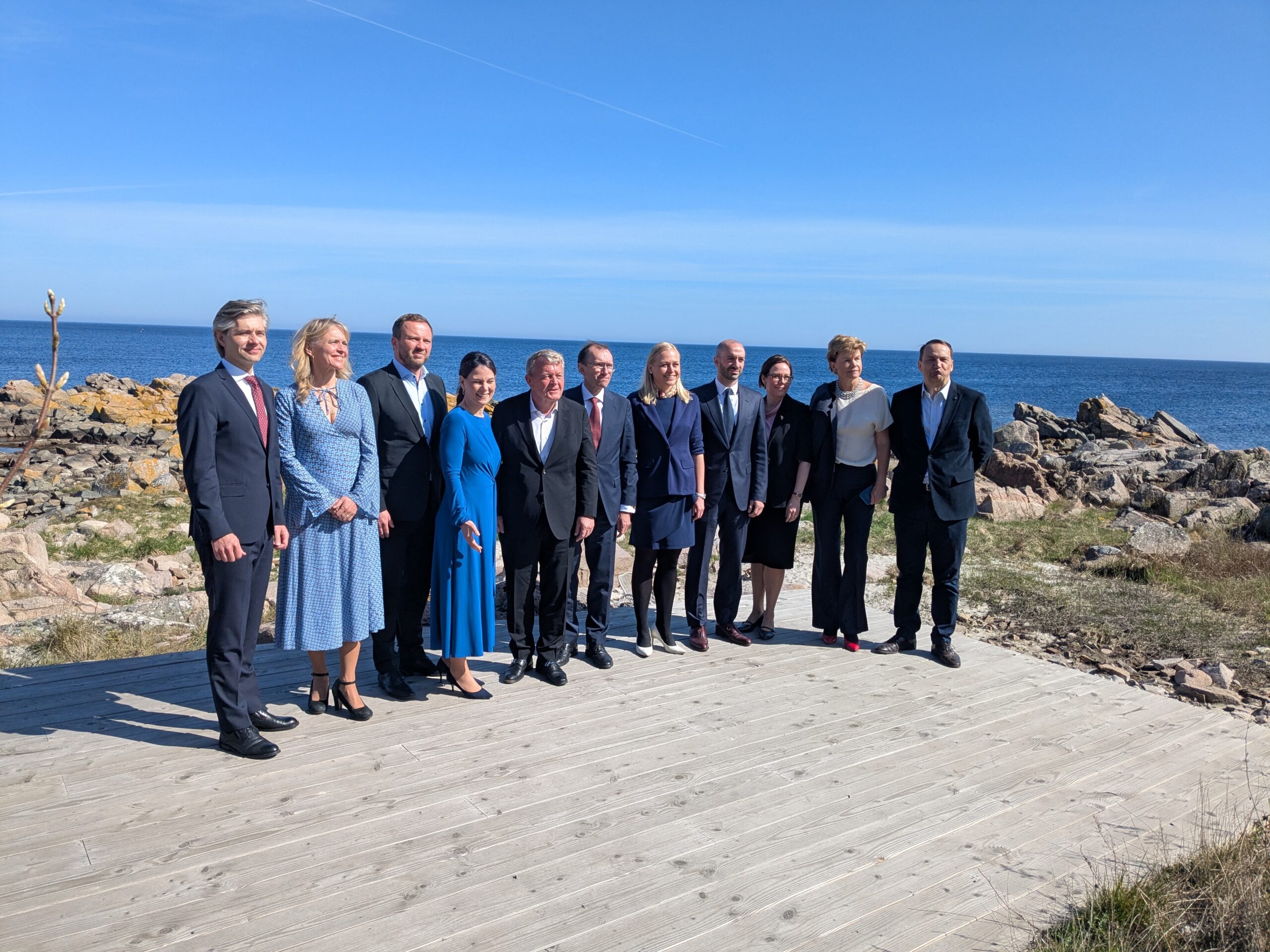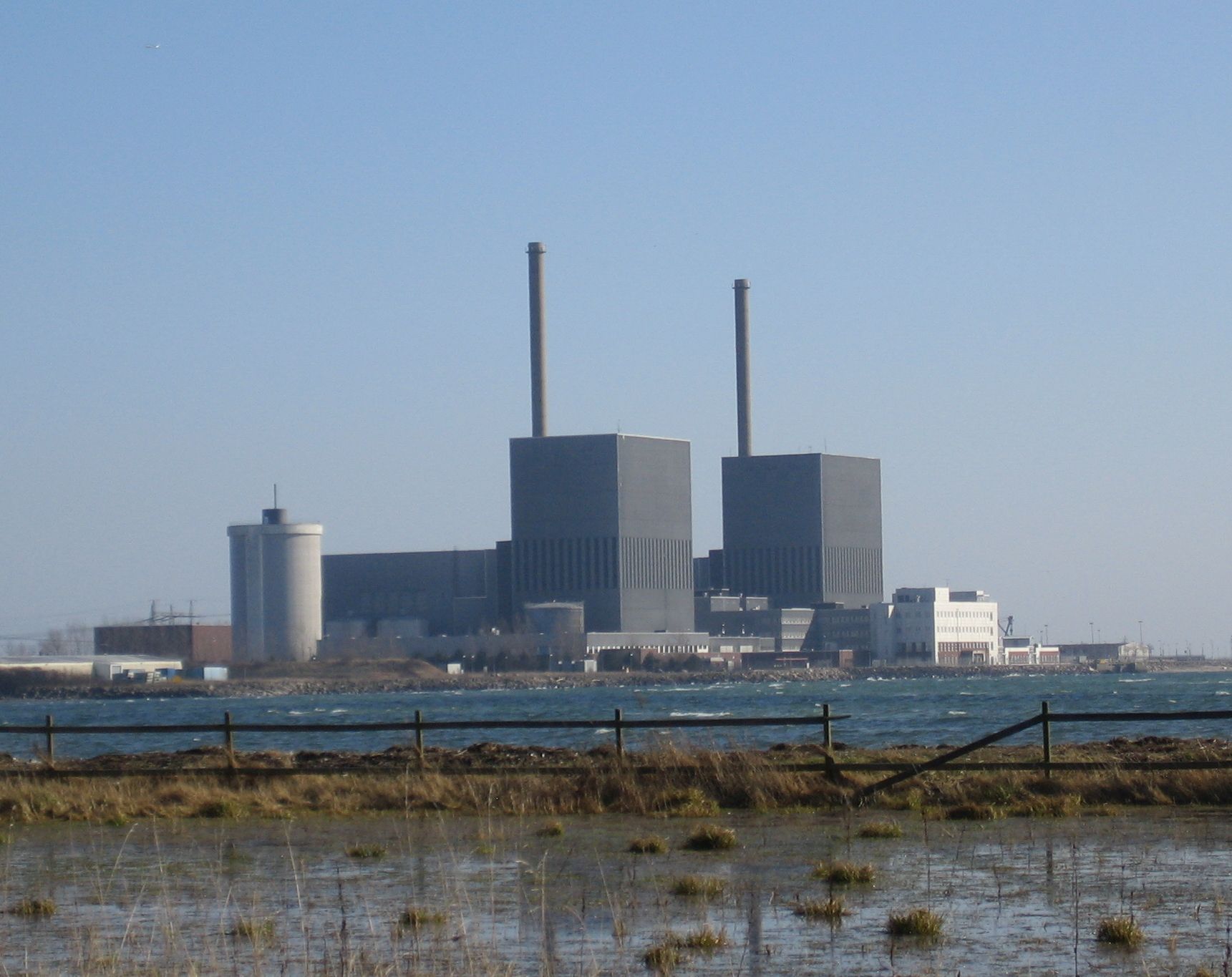Following the passing of esteemed former paratrooper Erik Vedsegaard on January 22 at the age of 93, historians have been robbed of an eye-witness to some of the most momentous moments in 20th century history – and also to a curiosity that many Danes might not be aware of.
Even had Vedsegaard wanted to, the 18-year-old was too young to serve in World War II, but an opportunity arose shortly afterwards.
After spending the majority of the war under German occupation, the newly-formed Danish government wanted to send out a signal that it was an ally their British liberators could trust, not the pro-German nation its initial subservience suggested.
Vedsegaard was one of 2,500 Danish men who took the opportunity to undertake National Service in the UK to solidify a new-found friendship that had taken shape during Danish resistance and then blossomed on Liberation Day.
He winged it and became a para
Vedsegaard was nursing an injured leg at the time, but through a “whim of luck and a white lie” he secured the chance to go.
“I had previously been discarded by the Danish Army due to my injured leg,” he recalled to Rudersdal Avis in 2006. “When the British opportunity came along, I seized the extra chance.”
Upon his arrival in England he passed his physical and was eventually admitted into the parachute corps – the hardest training of the lot, with the promise of active service to follow.
“We were an elite unit. So we got double pay, but then we also had to pay for twice as much [equipment],” he said.
Keeping the peace, left in pieces
Vedsegaard’s first mission was keeping calm between Muslims and Hindus during the last days of the British Empire in India: a task that was “doomed to fail”, in his words.
And then in 1947, he departed for Palestine, where the empire was struggling to let go of its protectorate and increasingly coming under siege from two warring factions.
He remembered serving during the first phase of the Palestine War as “a harsh experience, where both Arab and Jewish terror marked the events”.
Vedsegaard was one of 20 Danes in his regiment and four were killed during the war.
Sunday’s most decorated mourner
For Vedsegaard, his fallen comrades were never far from his thoughts, and at Remembrance Sunday at Bispebjerg Cemetery every November he could be seen laying his poppy wreath on behalf of the 1st Battalion Parachute Regiment at the Commonwealth War Graves plot
“Many of those who attend the Remembrance Sunday ceremony will remember the sight of this Danish gentleman with an imposing military bearing, proudly wearing the Para beret,” Robert Cobley, the honorary Commonwealth War Graves Commission representative for Denmark, told CPH POST.
“As members of the 6th Airborne Parachute Regiment, Erik’s comrades were sadly killed in action during the Palestinian conflict 1945-48. The four are commemorated by CWGC in what is now Ramla, Israel.”
Courage and professionalism: a true gentleman
According to Cobley, Vedsegaard will be a sadly missed presence at future Remembrance Sunday occasions.
“‘A true gentleman with an amazing military background and a chest full of medals to prove his courage and professionalism in time of war’ is a quotation about Erik Vedsegaard by a former British Embassy defence attaché,” he said.
“Having read his books and met him many times at Bispebjerg, I am privileged to subscribe to that fine epitaph.”
The quotation in question was included in ‘Farvel Palæstina’, Erik’s book about his experiences serving in the British Army.













